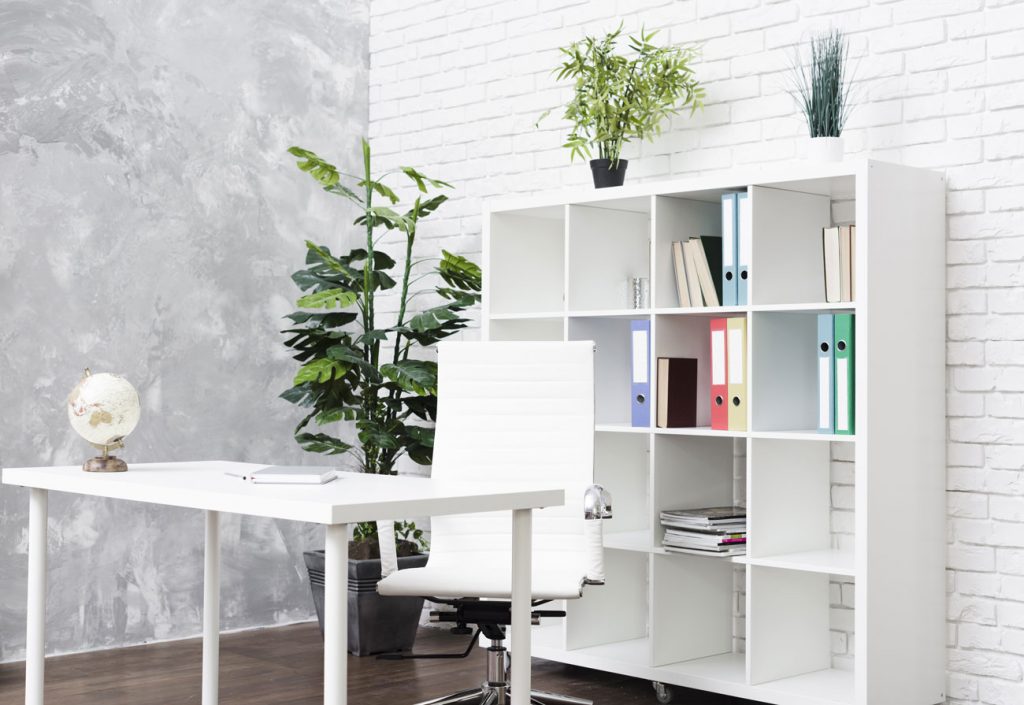Indoor air quality has become a priority for homeowners and office managers during the last couple of years, as it is critical for our health. The air conditioning industry has also made this an important element for new HVAC technology being developed and installed in homes and offices worldwide. However, the myth that plants improve indoor air quality has been around for far longer than AC units have. Yet, as it happens with any myth, new research has made us question the validity of this popular belief.
About the Research
Researchers at Drexel University in Philadelphia carried out an extensive study, finding that natural ventilation is simply more effective than plants to improve indoor air quality in both homes and offices.
The team of experts analyzed plenty of studies that have been conducted during the last 30 years and published their findings in the Journal of Exposure Science and Environmental Epidemiology online on November 6th, 2019. Michael Waring, head of Drexel’s indoor environment research group stated that plants don’t improve indoor air quality quickly or effectively enough.
About the Findings
The team of researchers that participated in this study stated that rates of indoor air exchange, both natural and from ventilation, actually dilute concentrations of VOCs or volatile organic compounds that plants are supposed to clean, faster than the time it takes for plants to pull these concentrations from the air.
They also found and reviewed several studies that found that plants reduce concentrations of VOCs over a period of time, which might have been what made the myth that plants improve indoor air quality so popular and widespread.
However, researchers found that it would take between 10 and 1,000 plants per square meter of floor space to match the capacity and the results of modern air conditioning and ventilation systems. They also found that even natural ventilation from open windows can have a more effective and long-lasting effect on indoor air quality than plants.
What It Means for Indoor Air Quality
Busting the popular and widespread myth that plants improve indoor quality is a significant and relevant discovery, especially in today’s day and age, when the effects of climate change are becoming more obvious than ever before. As a result, homeowners and office managers should reconsider the policies and practices they follow to provide their families and employees clean and healthy environments.
Besides, it also goes to show that scientific findings can be misleading and misinterpreted, especially when information gets spread around without the proper context and background. As Waring said in a university news release, scientific research should continually reexamine and question findings to get closer to the ground truth of understanding what’s actually happening around us”.
